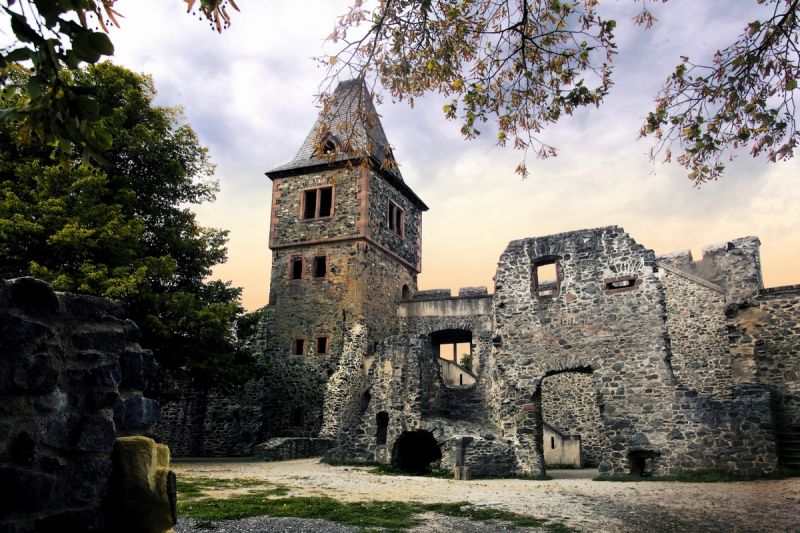Discover the Legacy of Mary Shelley’s Frankenstein
Mary Shelley’s “Frankenstein” is more than just a gothic novel; it is a cultural landmark that resonates through literature and popular culture. This article delves into significant locations and inspirations behind the story, revealing the rich tapestry that led to its creation.
Origins of a Literary Classic
In June 1816, a group of young writers convened in a villa overlooking Lake Geneva, a pivotal moment in literary history. Among them were Mary Shelley and renowned poet Lord Byron. The harsh weather compelled them to entertain one another with ghost stories, and it was during this time that Shelley conceived the idea for “Frankenstein.”
Key Locations That Inspired Frankenstein
Villa by the Lake

Ghost Stories and Inspiration

The Mythical Elements of Frankenstein
Two centuries after Mary Shelley penned her masterpiece, the echoes of “Frankenstein” resonate across Europe. Notably, Castle Frankenstein near Darmstadt, Germany, was the birthplace of Conrad Dippel, an alchemist whose experiments may have inspired Shelley’s narrative. This connection between real history and literary fiction highlights the supernatural nature of her work.
Frankenstein’s Haunts

Cultural Impact and Continued Relevance
The legacy of “Frankenstein” continues to thrive, inspiring countless adaptations and interpretations in modern culture. The themes of humanity, creation, and responsibility remain relevant, encouraging discussions about ethics and morality in science and technology today.
By examining the foundations of Mary Shelley’s “Frankenstein,” we not only pay tribute to her genius but also reflect on the timeless questions her story raises.




